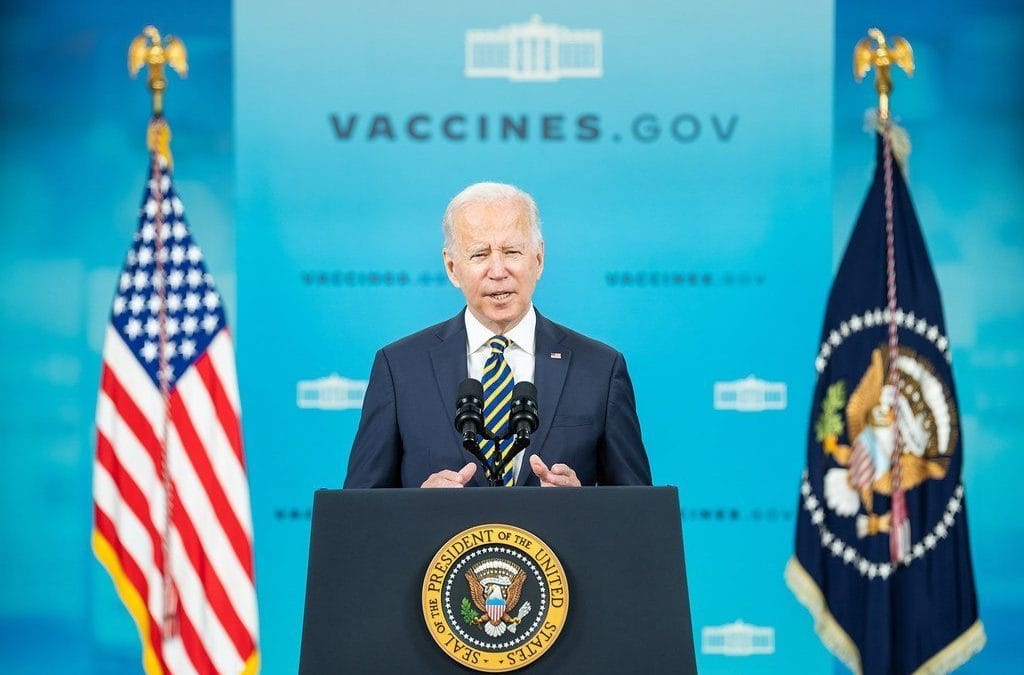Mandates have a profound effect on medical practice. Once a vaccine is mandated for children, the manufacturer and the physician administering the vaccine are substantially relieved of liability for adverse effects. (3) The relationship of patient and physician is shattered: in administering the vaccine, the physician is serving as the agent of the state. To the extent that the physician simply complies, without making an independent evaluation of the appropriateness of the vaccine for each patient, he is abdicating his responsibility under the Oath of Hippocrates to “prescribe regimen for the good of my patients according to my ability and my judgment and never do harm to anyone.” Instead, he is applying the new population-based ethic in which the interests of the individual patient may be sacrificed to the “needs of society.”If a physician advises against a mandated vaccine, he faces increased legal liability if the patient is infected with the disease. In addition, he may risk his very livelihood if he is dependent upon income from “health plans” that use vaccine compliance as a measure of “quality.”It is perhaps not surprising, although still reprehensible, that physicians sometimes behave in a very callous manner toward parents who question the need for certain vaccines. I have even heard reports of physicians threatening to call Child Protective Services to remove the child from parental custody if a parent refused a vaccine — even after the child had screamed inconsolably for hours after each of the first two doses. The federal policy of mandating vaccines marks a monumental change in the concept of public health. Traditionally, public health authorities restricted the liberties of individuals only in case of a clear and present danger to public health. For example, individuals infected with a transmissible disease were quarantined. Today, a child may be deprived of his liberty to associate with others, or even of his supposed right to a public education, simply because of being unimmunized. Yet, if a child is uninfected, his unprotected status is not a threat to anyone else. On the other hand, immunization of a child who is already infected (or who becomes infected in spite of the vaccine) is of no protective value to anyone. This represents a reversal of the earlier policy of preventing exposure to infectious agents. In fact, it takes exposure — as to contaminated needles or promiscuous sex — as a given, while begging the question of whether protection against hepatitis B has any overall effect on morbidity or mortality in a population that also exposes itself to worse hazards.Read the rest.
The arguments of Jane M. Orient written over two decades ago on the nature of mandatory vaccines still ring true today:

